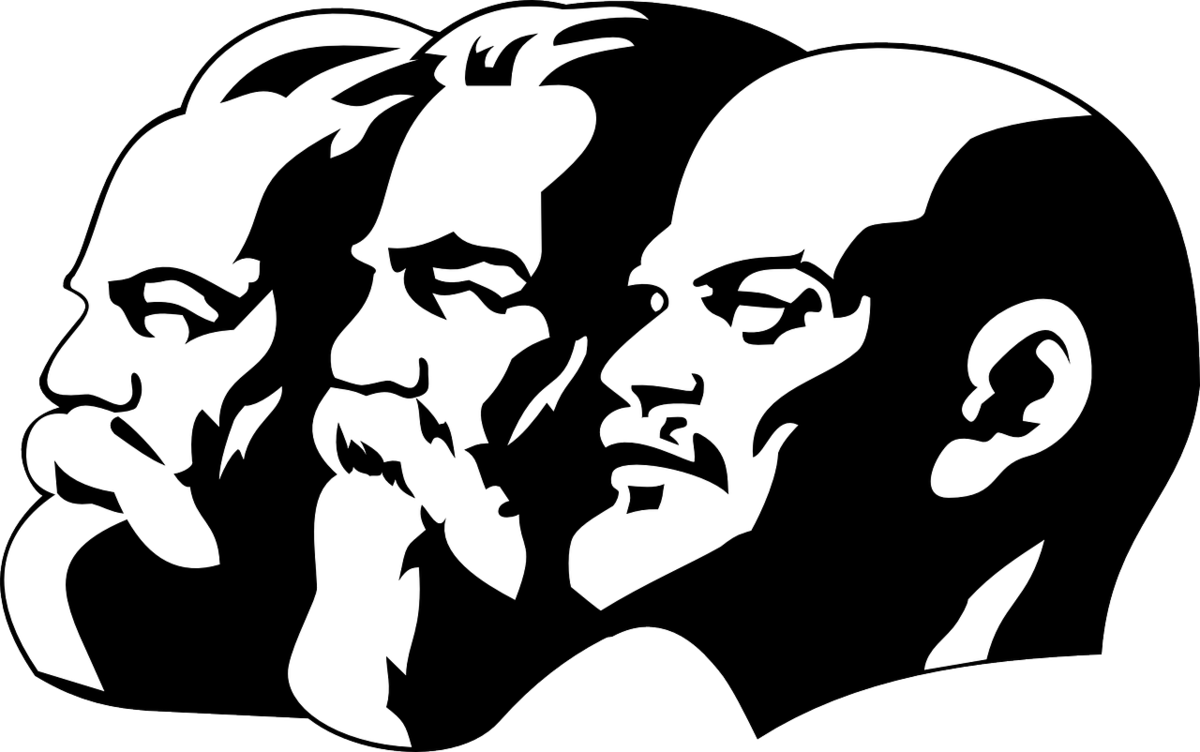JUNE 15, 2022 – (Cont.) “To be sure,” I continued, “throughout the planet’s epochs, the natural order produced periods of inhospitable climate. Many of these epochs preceded our tree-bound ancestors, but many untoward phases followed our first recognizably deep-throated (and fully attired) appearance—times involving regional droughts, ice ages (big and mini), warming of polar regions, and so on. Except on a localized level, our limited presence had little effect on the ‘natural order.’ Our planet is dynamic apart from human influences; a place where the only constant is change—on all ‘natural’ fronts.” I wondered what the alien made of my air quotes.
“But then came our Industrial Revolution,” I said, “which began about 200 years ago. It produced manufacturing capacity never before imagined, making many humans richer than ever but leaving many others poorer than poor.”
“Why would you let that happen?”
“Takes us back to myopia,” I said.
“I don’t get it,” said the alien. Its humming became a sound yo-yo, while its filaments sparkled frenetically. I wondered if it suffered from the equivalent of high blood pressure.
“Don’t get what?” I asked.
“I don’t understand why myopia would cause you to allow the poor to became poorer. Why not just the opposite? In your shortsightedness, why didn’t immediate suffering register as a serious problem requiring an immediate remedy?”
“You raise a good point, but often one form of human myopia triumphs over another version. For example, the successful factory owner of the early Industrial Age exploited cheap labor to leverage his capital as quickly possible. That myopic goal blinded him to the immediate plight of his workers. In the long-run, however, there was a price to be paid.
“How so?”
“The starving workers got so fed up,” I said, “they became susceptible to manipulation by dogmatic revolutionaries. Someone lit the fuse, and BAM!—everyone in Russia, for instance, wound up in the cauldron of bloody revolution. It was a classic case of institutional myopia—nearsightedness on the part of the crown, the aristocracy, and even the bourgeoisie, and consequently, too little reform too late. Many 10s of millions of people suffered terribly as a result.”
I took a sip of lemonade to camouflage my embarrassment for having gone overboard tangentially. Would I ever get to the current crisis of human-induced climate change? I needed to get the hell out of old Mother Russia as fast as I could—easier for a human to say than do, I knew, if the person has traveled too far into the heart of Russian history, including Russia’s tragic role in World War I. Plus, I had lots more to say about the success—and failure—of the capitalist system since Marx, Engels, Lenin, and others critiqued its embryonic stages. Talk about tangents!
“Where I was going with all this,” I said, cutting to the chase, “was our worst bad stuff.”
“Oh yeah. I think you’d mentioned climate change. Into science, I’m curious about this.”
I reveled in the alien’s propensity for distraction. It’s easier to relate to someone when you have foibles in common. Why should it be different with blinking, humming, talking filaments that share a human weakness? Yet, the alien’s quick return to the course I’d set—myopia as it relates to climate change—assured me the filaments were tracking well. (Cont.)
(Remember to subscribe to this blog and receive notifications of new posts by email.)
© 2022 by Eric Nilsson
